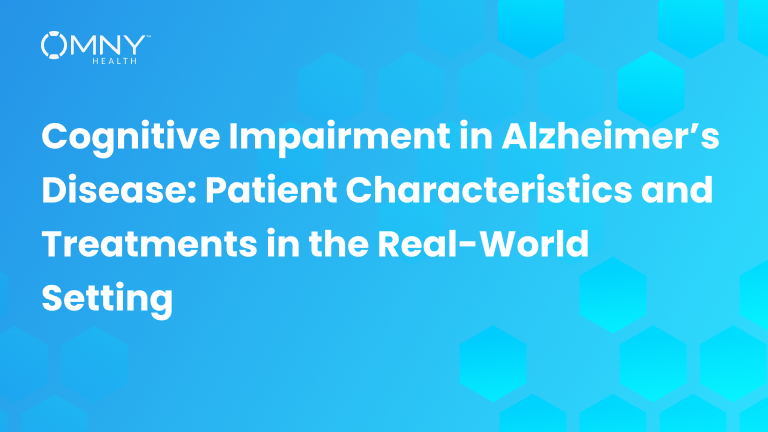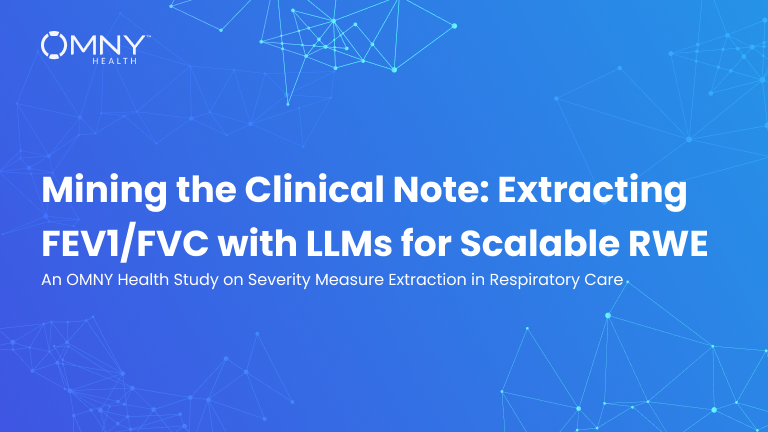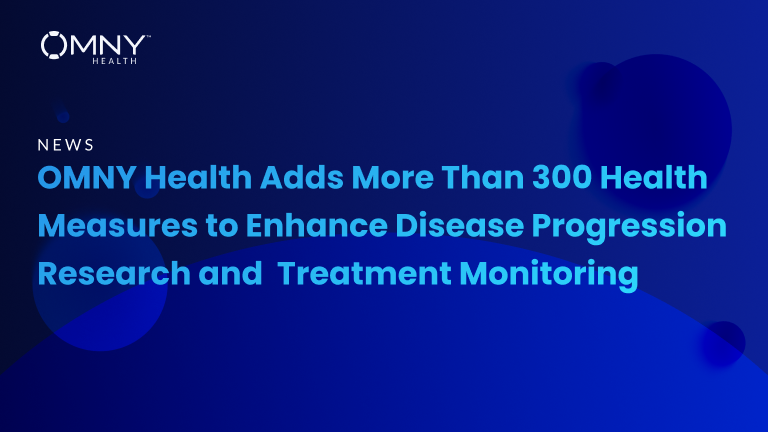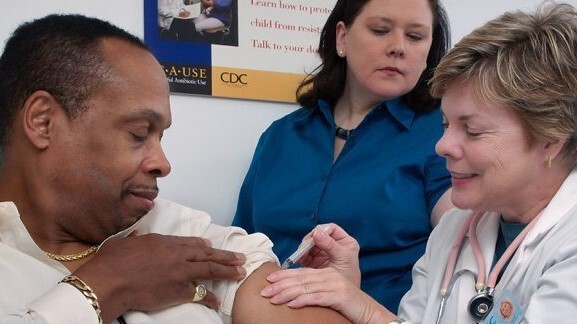Recent innovations in healthcare analytics and patient-oriented AI demonstrate the power of leveraging real world data (RWD) to generate ecologically valid actionable insights for life sciences companies to improve patient lives and streamline new therapeutic advances. Such insights are essential for decision-making in health economics and outcomes research (HEOR) and in the clinical trial planning and implementation processes. However, the breadth, depth, and inclusivity of the data used to generate such insights can have a huge impact on both the accuracy and validity of any analyses. Various sources of bias, such as the lack of demographic and socioeconomic diversity in a cohort, can undermine the main benefit of using RWD to supplement life sciences research. To combat this, many researchers and providers have publicized the need for clinically-validated metrics that can be used to measure and quantify cohort-level bias and provide more transparency in the field.
Social Determinants of Health Data Account for Notable Variations in Clinical Outcomes
One commonly referenced set of measures that has received growing recognition is social determinants of health (SDoH) data – a set of criteria used to capture economic and social vulnerabilities across key domains. Various studies have estimated that accounting for SDoH variables, such as income level, housing security, transportation, gender identity, and race and ethnicity, can account for 40 – 60% of the variation in clinical outcomes and care patterns. A recent study examining Antihypertensive and Lipid‐Lowering Treatment to Prevent Heart Attack Trial (ALLHAT) data illustrates this all too well. Researchers found that trial participants in the lowest-income trial sites had poorer blood pressure control and worse outcomes for some adverse cardiovascular events, even when treatment access and adherence were accounted for. The authors concluded that these results clearly illustrate “the importance of measuring and addressing socioeconomic context in [randomized controlled trials] RCTs.” The incorporation of these factors into studies leveraging RWD is just as important.
United States Government Support for Clinical Research and RWD Inclusivity
Researchers are not the only ones promoting the importance of SDoH – the U.S. government is facilitating efforts to foster greater inclusivity in clinical trial participation across multiple fronts. The Food and Drug Administration has issued new guidelines about the use of RWD in clinical research, pointing to the utility of inclusive data sources to identify clinical trial participants. The Centers for Medicare & Medicaid Services (CMS) are also focused on health equity. At the end of 2023, CMS released an updated framework for health equity with a focus on the collection of interoperable, standardized SDoH. As of January 2024, CMS requires the screening of five SDOH domains for admitted hospital patients.
Challenges with Obtaining and Utilizing SDoH Data
Despite the power of SDoH to create a more inclusive real-world environment for clinical trials and research analyses, patient-level SDoH data availability to pharmaceutical companies has been lacking. This is in large part due to barriers relating to extracting and aggregating relevant material. In typical healthcare systems, patient-level SDoH data are often difficult to expose and curate as the relevant information is buried in clinical codes and unstructured notes. However, the aforementioned efforts by various government entities have resulted in an exponential increase in the amount of patient-level SDoH data available in medical records – including increased use of structured surveys and other collection tools.
Much of the SDoH data currently available in the RWD marketplace rely on a combination of 3-digit zip-code-level data and aggregated claims or credit data, which only provide inferred modeled proxies, not insight into actual patient-level information. Those that are able to derive SDoH variables through direct access to EHRs often face issues such as data lags, inconsistent data collection vehicles, and gaps in reporting. OMNY Health has the technology in place at the provider level creating a direct flow of data through the OMNY platform so that data is captured consistently with limited lag time. These unique integrated partnerships with large integrated delivery networks (IDNs) and specialty networks have enabled us to quickly capitalize on the growing availability of SDoH data in patient records.
OMNY Health Top-tier SDoH Data Sets
OMNY Health is focused on creating a best-in-class SDoH data product to augment our existing EHR-derived, de-identified clinical data sets. Our Social Determinants data offering is constructed from point-of-care documentation aggregated at the patient-encounter level. To ensure deep, multi-faceted coverage, we leverage multiple streams of information, including ICD-10 diagnostic codes, self-reported responses to standardized SDoH surveys, and estimated SDoH burden derived using research-grade, validated NLP models run on unstructured clinical notes.
OMNY Health’s Social Determinants data offering, when integrated with our extensive clinical data sources, can help pharmaceutical companies and provider networks better help the patients they are serving and be more successful by informing:
- More accurate HEOR analyses
- Inclusive clinical trial planning and implementation
- Analysis of clinical trial results and differences in real-world populations
- The development of precision medicine treatments
- The understanding of the barriers to drug access and adherence and how to develop targeted programs to reduce those barriers
- Different disease severity and outcomes across populations and geographies
- Market access and pull-through strategies for contracting and drug promotion.
SDoH data can offer insight into the everyday non-clinical factors that influence how individuals develop diseases, respond to treatments, and participate in clinical trials.
Contact OMNY to learn more about how our SDoH data sets will boost your real-world evidence generation.






